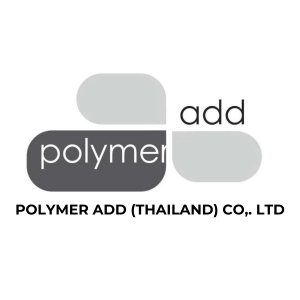Barium sulfate can be utilized in adhesives and sealants for various purposes, thanks to its unique properties. Here’s how it can be used
Density Modification
Barium sulfate is significantly denser than most other fillers commonly used in adhesives and sealants. Adding barium sulfate to formulations allows for density modification, which can be beneficial in applications where higher weight or mass is desired, such as in certain types of adhesives used in construction or automotive industries.
Thixotropic Properties
Barium sulfate can impart thixotropic properties to adhesives and sealants. Thixotropy refers to the property of certain materials to become less viscous under stress, allowing for easier application and spreading. In adhesive and sealant formulations, thixotropy can improve workability and application consistency.
Reinforcement
Barium sulfate acts as a reinforcing filler in adhesives and sealants, improving their mechanical properties such as tensile strength, tear resistance, and dimensional stability. This reinforcement can enhance the performance and durability of the adhesive or sealant, especially in demanding applications.
Opacity and Hiding Power
Due to its high refractive index and opacity, barium sulfate can contribute to the opacity and hiding power of adhesives and sealants. This is particularly useful in applications where a solid, opaque bond line or sealing layer is desired, such as in construction sealants or automotive adhesives.
Chemical Inertness
Barium sulfate is chemically inert, meaning it does not react with other components in adhesive and sealant formulations. This inertness ensures stability and compatibility with various substrates and additives, preventing unwanted chemical reactions that could compromise the performance of the adhesive or sealant.
Cost-Effective Filler
Barium sulfate is relatively inexpensive compared to some other fillers used in adhesives and sealants. Its cost-effectiveness makes it an attractive option for formulators looking to achieve specific performance requirements while keeping production costs in check.
Flame Retardancy
Barium sulfate can contribute to the flame retardancy of adhesives and sealants, helping to improve their fire resistance and safety properties. This is particularly important in applications where fire safety regulations must be met, such as in building construction or automotive manufacturing.
